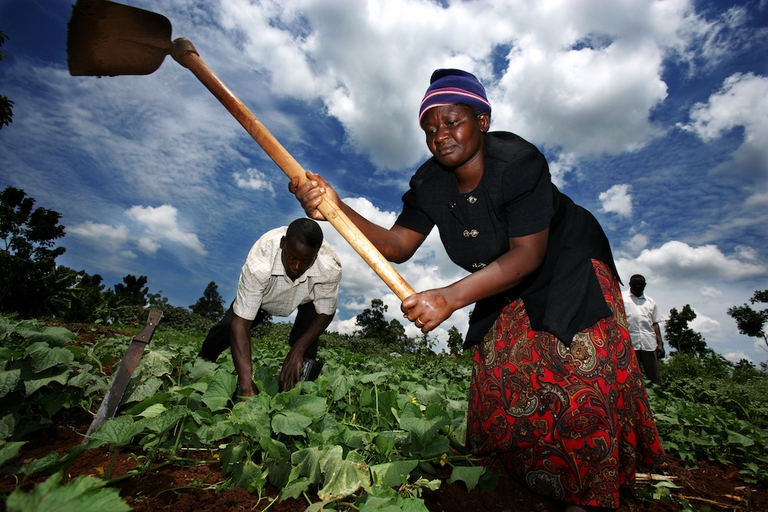
After a landslide led to twelve deaths on the island of Ischia, questions have been raised about the impacts of illegal building, tourism, and climate change.
According to FAO, if we don’t take action, up to 122 million people more will be driven into extreme poverty by 2030.
“Meeting the goals of eradicating hunger and poverty by 2030, while addressing the threat of climate change, will require a profound transformation of food and agriculture systems worldwide”. The appeal is included in the last Report on the state of food and agriculture, published by FAO on 17 October.
We will suffer from food insecurity like when we were hunter-gatherers
The farming sector – that includes forestry, fishing and zootechnics – is particularly threatened by rising temperatures, such as severe droughts and other extreme weather conditions, rising sea levels, ocean acidification and loss of biodiversity.
For this reason FAO said: “The population living in poverty could increase by between 35 and 122 million by 2030”, particularly in Sub Saharan Africa and South East Asia. “What climate change does is to bring back uncertainties from the time we were all hunter gatherers. We cannot assure any more that we will have the harvest we have planted”, FAO Director General José Graziano da Silva said at the presentation of the report. In addition, insecurity will expose both the poor to higher and more volatile food prices.
So, we need to take action as soon as possible, even though it won’t be easy, the report highlights, “due to the vast number of stakeholders involved, the multiplicity of farming and food processing systems, and differences in ecosystems”. “The benefits of adaptation outweigh the costs of inaction by very wide margins”, Graziano da Silva stated.
FAO suggests to adopt “climate-smart’ practices, such as the use of nitrogen-efficient and heat-tolerant crop varieties, zero-tillage and integrated soil fertility management”. This would boost productivity and farmers’ incomes.
But – the UN Agency reports – methods to lower emission intensity from agriculture as well as water-conserving alternatives to the flooding of rice paddies are also needed. And it is necessary to adopt plans to help smallholders adapt to climate change risks. And stop granting subsidies on unsustainable farming practices.
Siamo anche su WhatsApp. Segui il canale ufficiale LifeGate per restare aggiornata, aggiornato sulle ultime notizie e sulle nostre attività.
![]()
Quest'opera è distribuita con Licenza Creative Commons Attribuzione - Non commerciale - Non opere derivate 4.0 Internazionale.
After a landslide led to twelve deaths on the island of Ischia, questions have been raised about the impacts of illegal building, tourism, and climate change.
Not much snow, peaks of 19 degrees Celsius in Norway and even 28 degrees in France: official data confirms the anomalously high temperatures of this past winter.
Ocean warming has risen to record highs over the last five years: just in 2019 the heat released into the world’s oceans was equivalent to that of 5-6 atomic bombs per second. The culprit, no doubt, is climate change.
What did Greta Thunberg tell participants at the 2020 World Economic Forum in Davos? Once again, the Swedish activist underlined the total lack of concrete solutions to the climate crisis presented by leaders so far.
The list of human and animal victims of the Australia wildfires keeps growing – one species might already have gone extinct – as the smoke even reaches South America.
Kivalina is located on a small island once guarded by sea ice, which is now melting due to global warming. While the sea threatens to wipe the village off the face of the Earth, its inhabitants refuse to give up their lives and traditions.
Thanks to activists, the voice of the world’s peoples resounded through the COP25 like an alarm bell. Governments didn’t reach the results they demanded, but their cries and messages were stronger than ever, reaching even those who weren’t in Madrid.
Climate change poses a risk for millions. However, women are the most vulnerable to its negative consequences: a few simple considerations by the Italian Climate Network help us perceive the global implications of this.
The COP25 ended two days late and with very few steps ahead made. Climate negotiations in 2020 will be an uphill battle as political will clearly seems to be lacking, once again.









